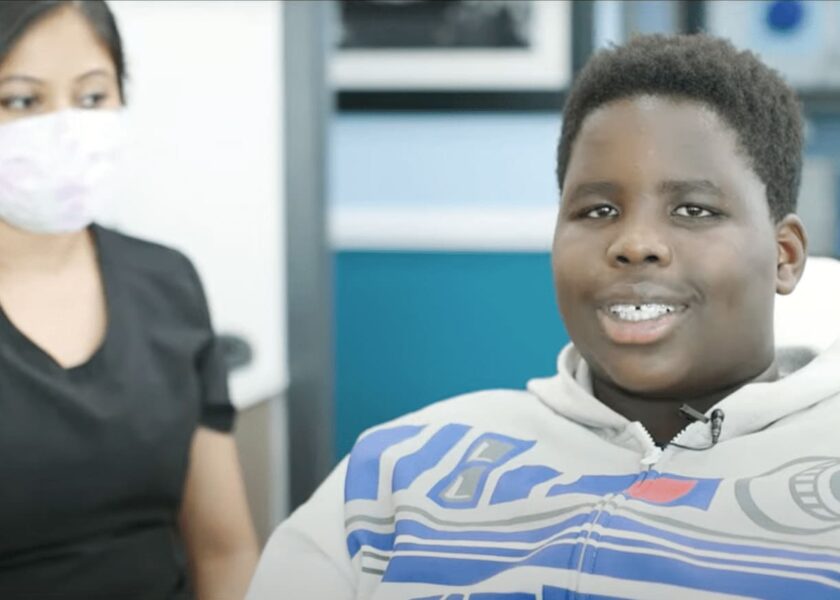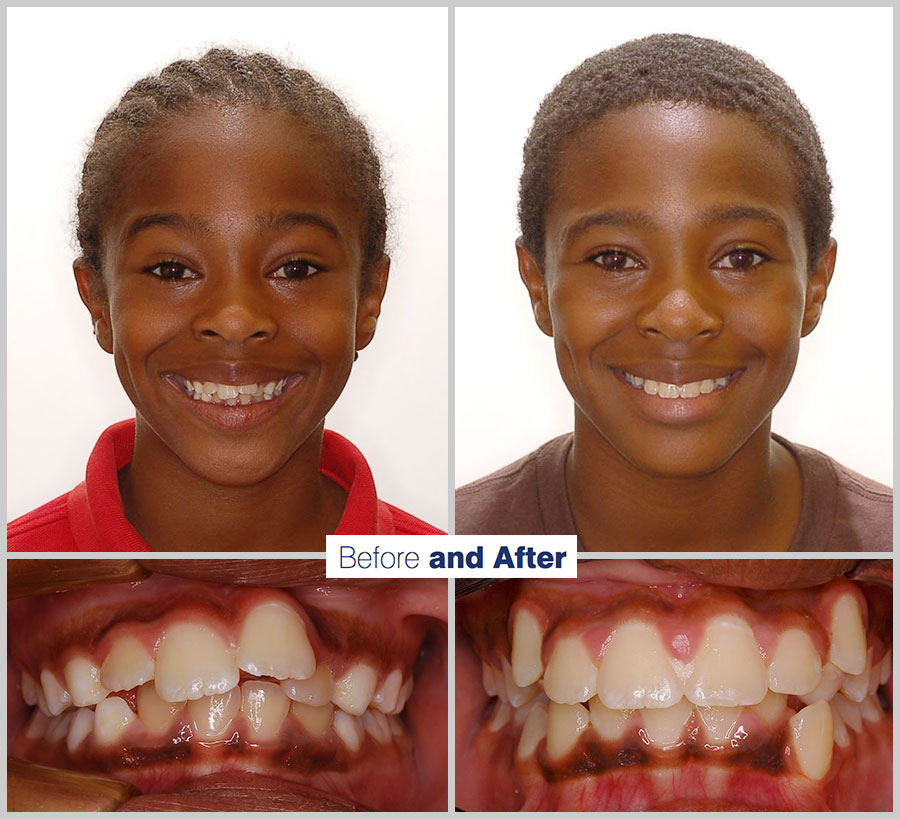Braces Treatment for Kids
Orthodontic braces are a highly effective treatment for correcting misaligned teeth and bite issues, helping patients achieve a healthier, more confident smile. Suitable for both adults and children, braces address problems like overcrowding, gaps, overbites, underbites, and crossbites.
Benefits of Braces for Kids:
• Corrects Misalignment: Helps align teeth and jaw for improved function and appearance.
• Prevents Future Problems: Early intervention can prevent more serious issues, such as tooth decay or gum disease, caused by overcrowding or misaligned teeth.
• Improves Self-Esteem: A straight, healthy smile boosts confidence in children during their developmental years.


When is the Right Time for Braces?
Types of Braces for Kids:
1. Traditional Metal Braces: The most common option, using metal brackets and wires to gradually move the teeth into alignment.
2. Ceramic Braces: Tooth-colored braces that blend with the natural color of the teeth, providing a more discreet option.
3. Clear Aligners: Removable, nearly invisible aligners (like Invisalign) for children who want a less noticeable option.
Space maintainers
Space maintainers are crucial for preserving your child’s oral health. If a baby tooth is lost prematurely, the surrounding teeth may shift into the empty space. This can cause crowding and misalignment when permanent teeth erupt, leading to difficulties with chewing and speaking.
To prevent these issues, space maintainers are used to hold the gap open until the permanent tooth grows in. These appliances are typically bands or crowns attached to nearby teeth. While they primarily preserve space, they can also make minor tooth movements. For complex orthodontic cases, referral to an orthodontist is recommended.

